In today’s world, the love for travel is stronger than ever. In fact, when it comes to making those journeys, the conventional bus travel experience has evolved into something more dynamic with technology. The development of bus booking apps in Dubai has played a pivotal role in transforming how people plan their trips. It has steered the transportation industry toward a path of robust growth.
But Is Investment In A Bus Ticket Booking App in 2024 A Wise Choice?
As more people recognise the possibilities, no one wants to endure long queues for ticket booking. They are embracing a more seamless and efficient way of securing their tickets for any destination, which is evident from the market figures.
Internationally, the mobile ticket market significantly influences direct ticket sales within the industry, amounting to $1.2 billion with a CAGR of 17%.
Furthermore, Statista states that the revenue generated by buses is expected to go up to $53.6 billion by 2026, which is about a 9.10% hike for $16.8 billion in 2022.
If you own a bus service company in Dubai and want to expand your reach, this is the perfect time. You can develop a mobile app to effectively connect with a broader audience and meet their needs.
But how can you effortlessly develop an on-demand bus ticket booking mobile app in Dubai, UAE?
Let’s unveil the secret steps to create an efficient app and monetize it while considering the preferences and requirements of your target users. But before that, did you know?
Overview Of The Bus Ticket Booking App
A bus ticket booking app allows travellers to buy bus tickets online. Users can also plan their journey, verify seat availability, and make secure online payments. If passengers encounter any issues, the app provides quick resolution assistance.
These apps have greatly enhanced the ease and convenience of bus travel. They store user details, bus information, reservation details, and more. When booking through these apps, passengers can effortlessly review the bus type, ratings, departure time, available amenities, and additional details.
The best part is that now you can develop your own on-demand bus ticket booking app in Dubai, UAE, with these footsteps:
Steps To Develop Your Bus Ticket Booking Mobile App
Developing and launching a bus booking app in 2024 requires careful planning and execution. So, conducting market research and analysing competitors is essential to gain comprehensive insights before diving into the development process.
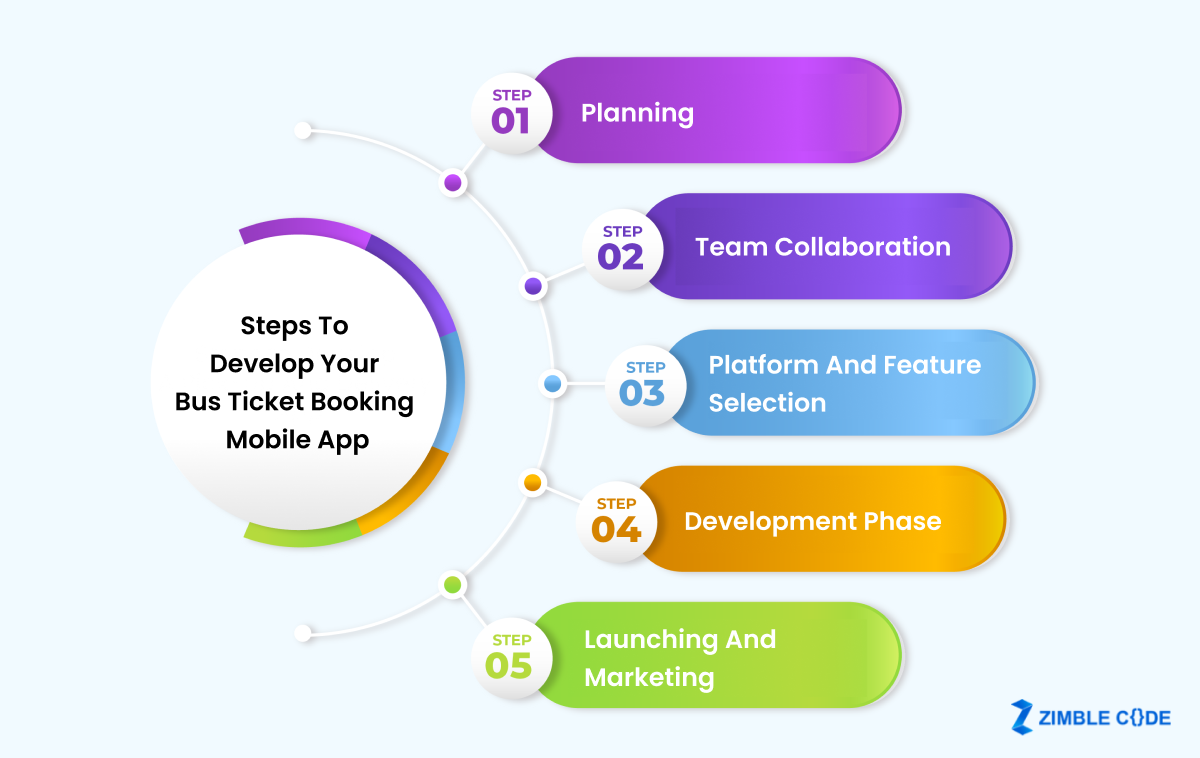
Step 1: Planning: Plan the design and development of your app thoroughly, including budget, development team selection, required technology and platforms, hourly rate structure, and necessary features.
Step 2: Team Collaboration: Engage with a proficient bus ticket booking app development company in Dubai with expertise in mobile app development. A reputable on-demand app development company can assist in meeting your requirements effectively.
Step 3: Platform and Feature Selection: First, decide on the platform (iOS/Android) and then determine the features and add-ons for your app. In fact, seasoned developers can offer valuable insights to guide these decisions.
Step 4: Development Phase: Next, initiate the app development process, ensuring the design, framework, and overall structure are user-friendly and visually appealing. Thorough testing is crucial to verify the functionality of every aspect of the app.
Step 5: Launching and Marketing: Launch your bus booking application over the Play Store or App Store. You can also implement marketing strategies to promote your brand and attract a broader customer base, contributing to growth and increased revenue.
Once your on-demand bus ticket booking app is built, the next move is to monetize the app.
How Can You Monetize Your Bus Ticket Booking App?
To generate revenue from your bus-ticket booking app in 2024, you have several strategies to consider. Here are some popular models:
- Subscription Model: This monetization model allows regular travellers to purchase monthly or annual subscription plans. It ensures long-term revenue and provides a premium user experience.
- Freemium Model: The model offers free basic services and charges a nominal fee for premium features. Users can choose and purchase only the premium features they need through an in-app purchase model.
- Advertisements: Ads enable brands targeting your audience to showcase their products or services in your app. You can charge a fee for each display ad and watch your revenue increase with growing visibility.
- Paid Listing: For aggregator apps, paid listing allows service providers to pay for increased visibility. Moreover, feature sponsored service providers prominently; as they attract business, you can gain profits.
Read Also – Bus Ticket Booking App Development Cost: A Complete Overview
Contact Us!
The tourism sector has experienced significant expansion, particularly in developing regions such as the Middle East and UAE. These apps stand out as one of the most cost-effective means of transportation, making bus travel an attractive and viable choice for users.
However, engaging a team like ZimbleCode is crucial when developing a bus ticket booking app in the UAE. Ultimately, it’s an expert app development company familiar with market demands and customer behaviour. They would provide technologically advanced and forward-thinking solutions that can set you apart from your competitors and leave a mark!
Frequently Asked Questions (FAQs)
Q1. How Much Does It Cost to Create a Bus Booking Mobile App?
The cost of developing a bus booking app involves various factors like platforms, functionalities, features, etc. Considering all of these, a rough estimate for development typically ranges from $15,000 to $35,000.
Q2. What are the benefits of using a Bus Ticket Booking App?
A bus ticket booking app offers several advantages, including real-time vehicle tracking, monitoring vehicle availability and enhancing the overall transportation ecosystem.
Q3. What are the latest trends in the development of online bus booking apps?
Some of the current trends in online bus booking app development include dynamic pricing with brands, gamification, in-app challenges and referral and loyalty points.

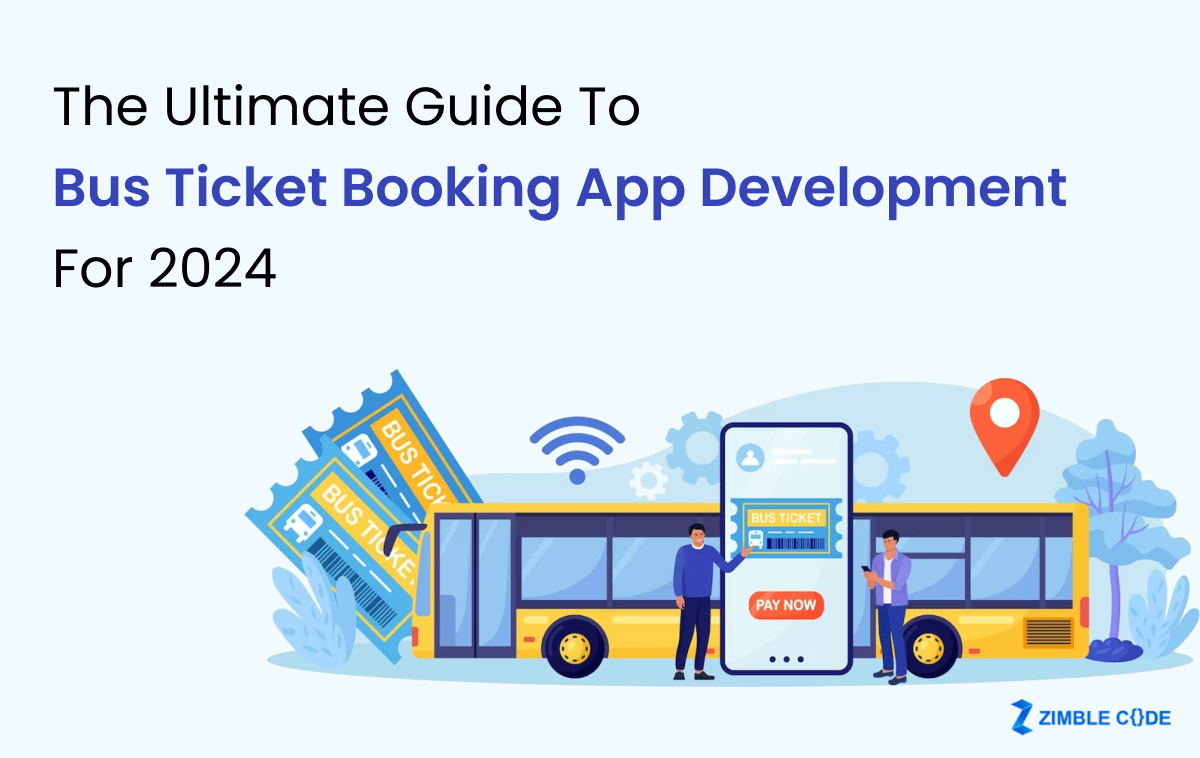
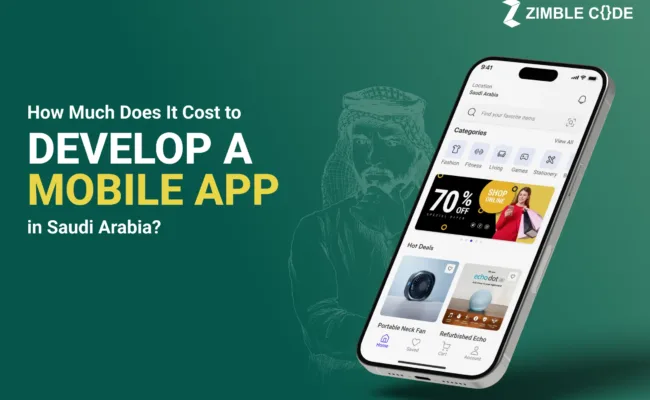
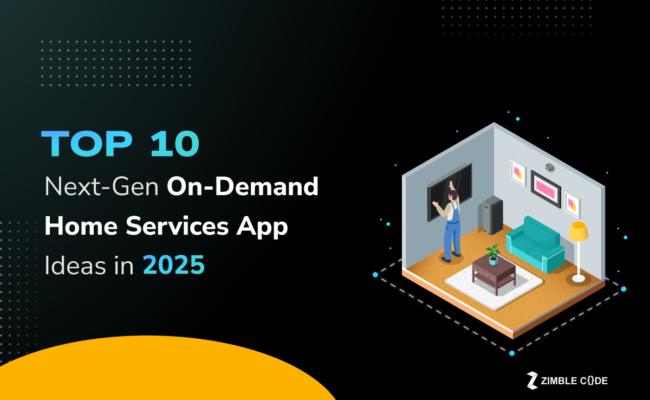
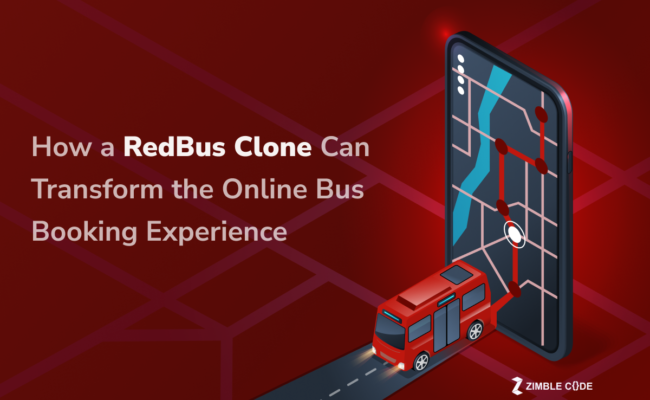
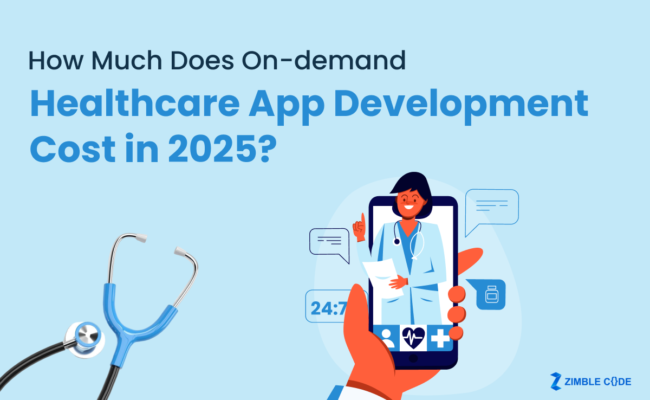
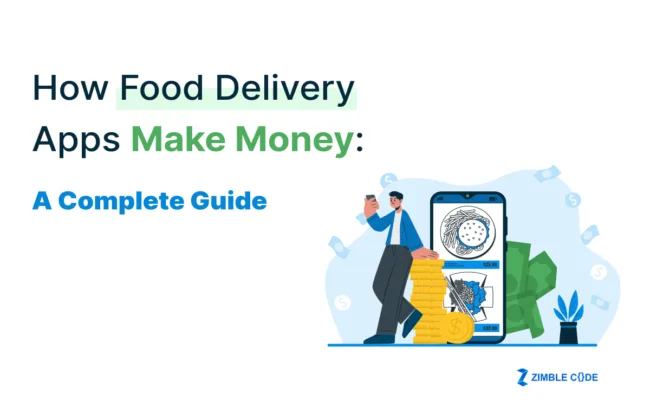

Leave A Comment